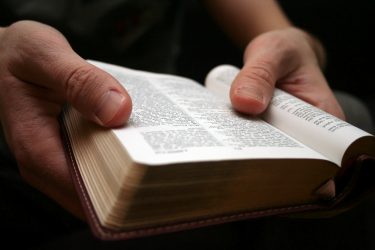Our Lord in all of his instructions to his followers continually admonished them to love one another, and not only this but that they were to love their enemies as well (John 13:35, Matthew 5:43,44-46, 1 Peter 2:23). Therefore, it would not be consistent to think that the Lord would counsel his followers to HATE those who were near and dear to themselves, and towards whom there was every incentive to love and esteem.
The Lord evidently used this word to impress the thought upon the minds of those who would be his followers that the terms of discipleship are very rigid and exacting. In other words, none could become disciples of the Master unless they loved him more than all earthly ties or considerations.
None can ever be recognized by the Lord as his follower unless they have taken the step to be obedient to the divine will – even though it meant the loss of every valued object and the sacrifice of life itself! The thought conveyed in the expression found in Ecclesiastes 3:8 is that there are times and seasons when it would be proper to “hate,” or despise that which is contrary to the principles of righteousness and justice. All should hate injustice and be out of sympathy with those who oppress and injure the weak and helpless. Also, those who are in opposition to the Lord and his just laws and arrangements, and who willfully go contrary to them, should be righteously shunned and despised–“hated with a perfect hatred.” –Psalms 139:21,22.
Additional Resource: Christian Questions Podcast Episode #984: “But It’s Wrong! Can’t I Hate It?” Understanding how, when and why to hate as a Christian CQ Rewind Show Notes










